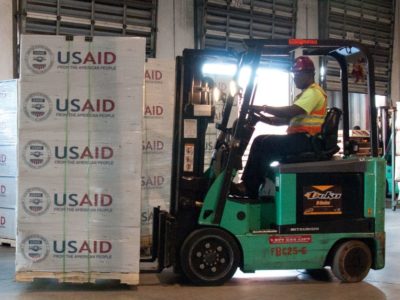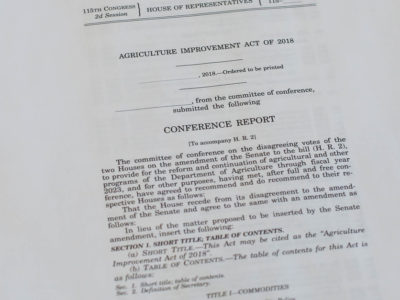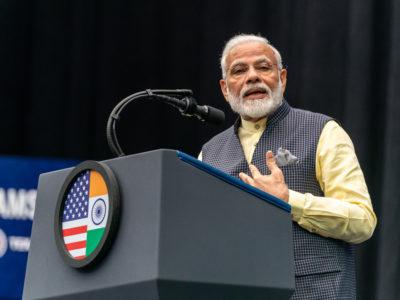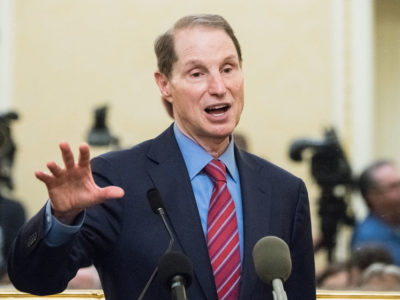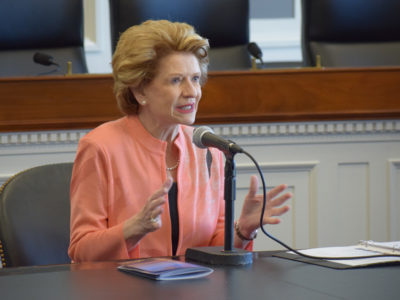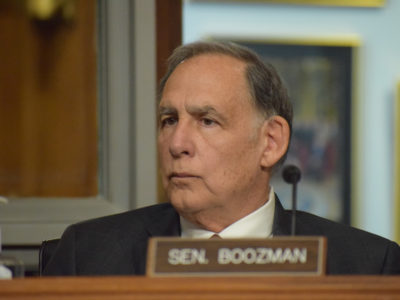ARTICLES
Daybreak June 27: Historic broadband funding released
06/27/23 10:00 AM
By Bill Tomson, Philip Brasher, Steve Davies, and Noah Wicks
Read More
Daybreak June 26: USDA lowering food inflation forecast
06/26/23 10:00 AM
By Bill Tomson, Philip Brasher, Jacqui Fatka, Noah Wicks, and Steve Davies
Read More
Daybreak June 23: Spending debates may provide farm bill test
06/23/23 10:00 AM
By Philip Brasher, Steve Davies, Jacqui Fatka, and Bill Tomson
Read More
India agrees to drop retaliatory tariffs on some US ag exports
06/22/23 5:45 PM
By Bill Tomson
Read More
Daybreak June 20: Spending fight takes center stage ahead of recess
06/20/23 10:00 AM
By Bill Tomson, Philip Brasher, Jacqui Fatka, Noah Wicks, and Steve Davies


